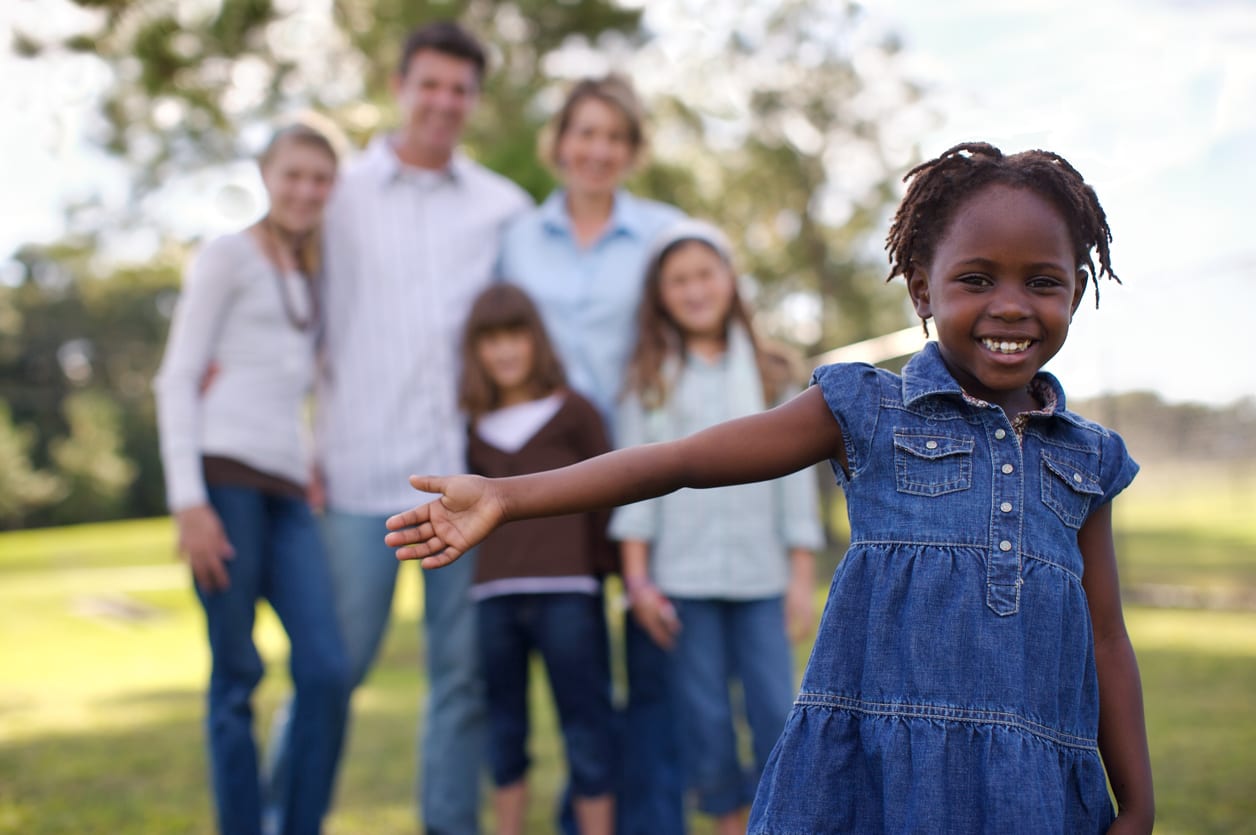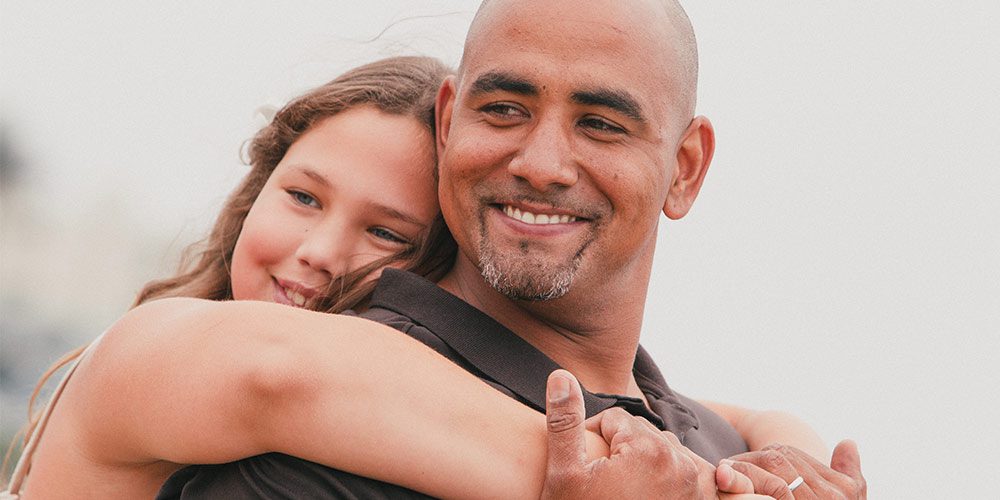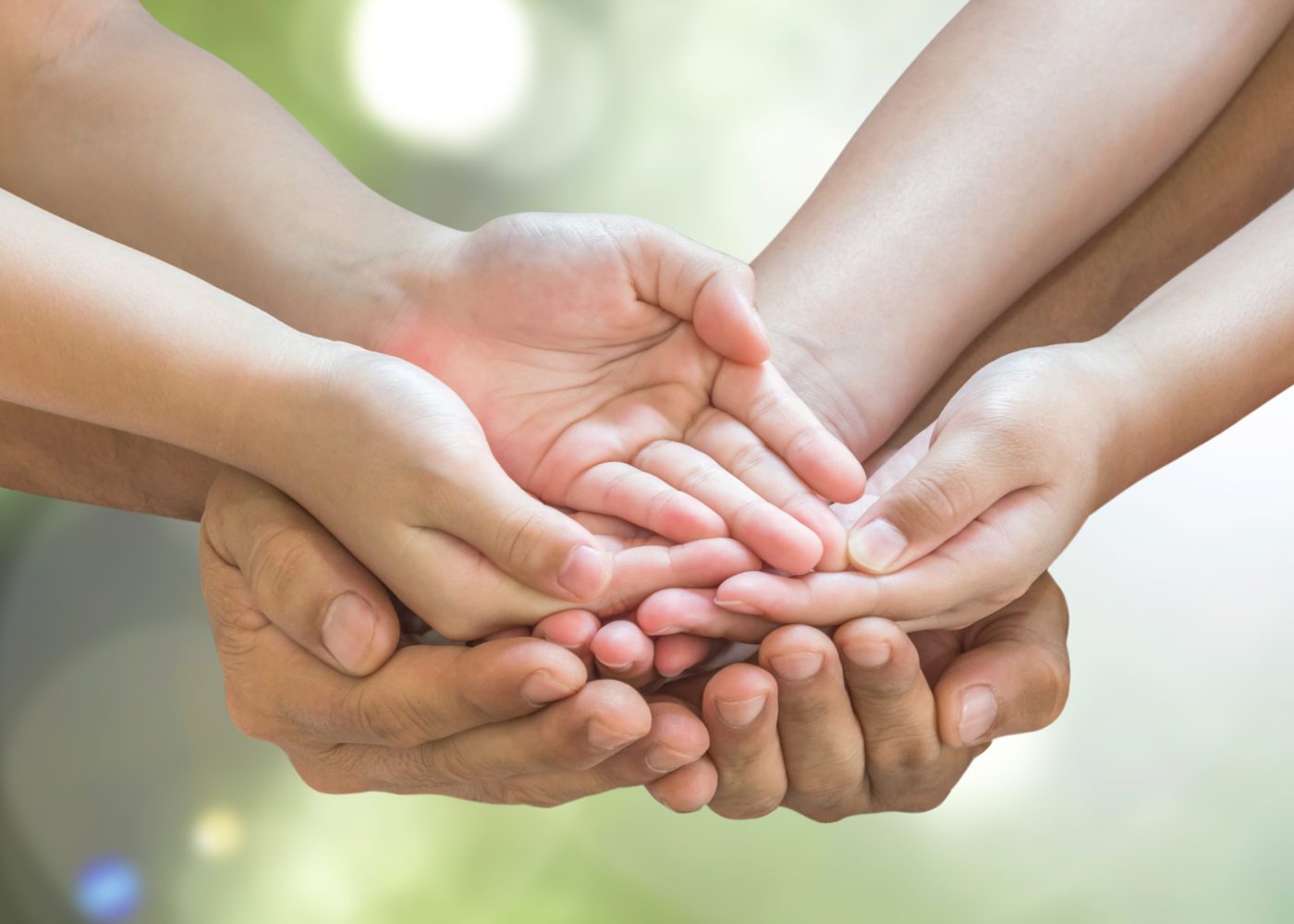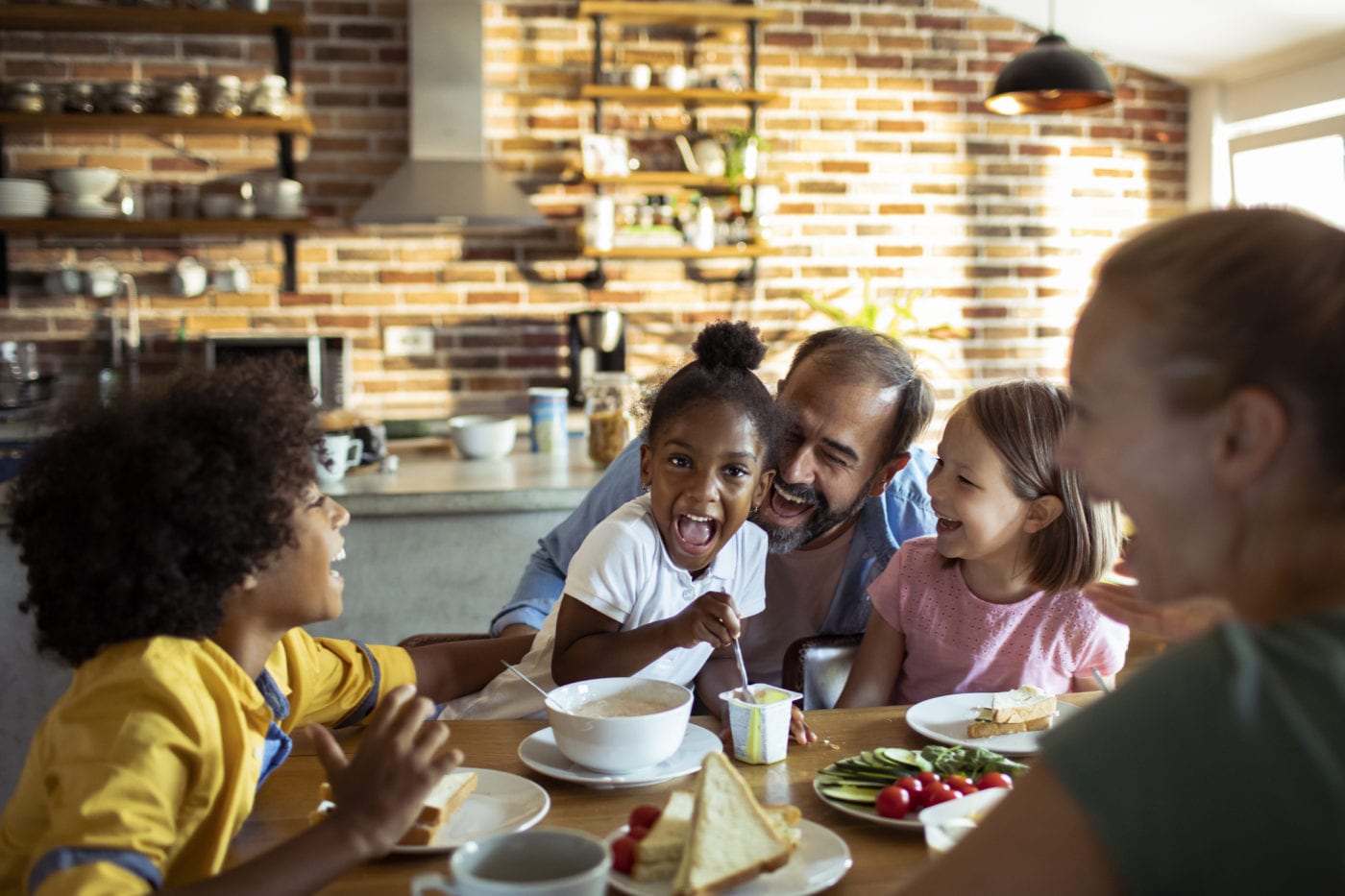If you’re considering foster care or adoption, you’ve likely considered the scenario of caring for a child whose race differs from your own. Of course, not everyone will be open to transracial adoption or transracial fostering (for a variety of reasons), but it’s critical that many are because children in the foster care/adoption system come from a variety of backgrounds and need loving homes.
You may be wondering if you are equipped to provide a home for a child of a different racial background. As significant as the need is, it’s not something to enter into blindly, assuming “well, at least the kid will have a good home.” Recent events in our culture remind us that issues of racial identity are important and complex. Here are 5 questions to ask yourself if you’re open to transracial adoption and fostering.
1. Is “race” a conversation stopper for you?
If your immediate response when reading the title of this article was to roll your eyes and get defensive because I’m “making race an issue,” then I’d kindly suggest you probably aren’t in a spot where transracial fostering and adoption makes sense. Again, there are valid reasons to ask whether it’s right for you, but if you’re going to pursue it, you need to be open to conversations about race and identity.
2. Are you willing to learn?
An easy mistake to make is to assume that because you have very little experience with racial identity, you are unfit. I would argue that the ability to foster and adopt transracially certainly doesn’t require a degree in racial identity, but it does require humility, courage, and a willingness to learn. You can do that by reading books, connecting with local organizations, and finding mentors from your child’s racial group.
3. Will you expand your circle?
Most of us end up surrounded by people who look like us and, for the most part, have similar life experiences. However, if you are going to adopt transracially, it will be critical that you expand your circle to include people from this child’s racial group. Not only will this provide positive models for your children of people who resemble them, but it will create opportunities for you to learn about others’ life experiences and how their racial identity impacts their lives.
4. Can you ask for help?
If you are serious about doing this, you are going to need help. I’m part of a white family that has fostered kids from a variety of backgrounds. On several occasions, we’ve had little girls who are Black. The simple act of doing their hair was a cross-cultural experience for my wife. She had to be willing to do the work to find a local Black woman willing to teach her how to do the girls’ hair. This is a small thing, but it takes time, energy, and a willingness to ask for help. If you’re willing to say, “I don’t know, but I want to know,” there are often folks who are willing to step up.
5. Will you persevere?
Most of us go into foster and adoptive care knowing it won’t be easy. Transracial situations increase the challenge significantly. However, it’s often said that nothing worth doing is easy. There is a great need for families who are willing to provide a loving home for children who come from a different racial background. This is hard work. There will certainly be times when you’ll wonder if you made the right decision. But if you persevere, the payoff can be immense for both the child and you.
Sound off: What other questions should someone considering transracial adoption or fostering be asking?
Did you know that over 1,000 children and teens enter the foster care system each month in the state of Florida? They are in need of safe, loving, and committed foster families who can care of them while they are removed from their homes. Would you consider opening your heart and home to care? Learn more about becoming a foster parent by visiting MyFloridaMyFamily or by calling 1-83-FosterFL or 1-833-678-3735.











Huddle up with your kids and ask, “What could we do to help kids in foster care?”